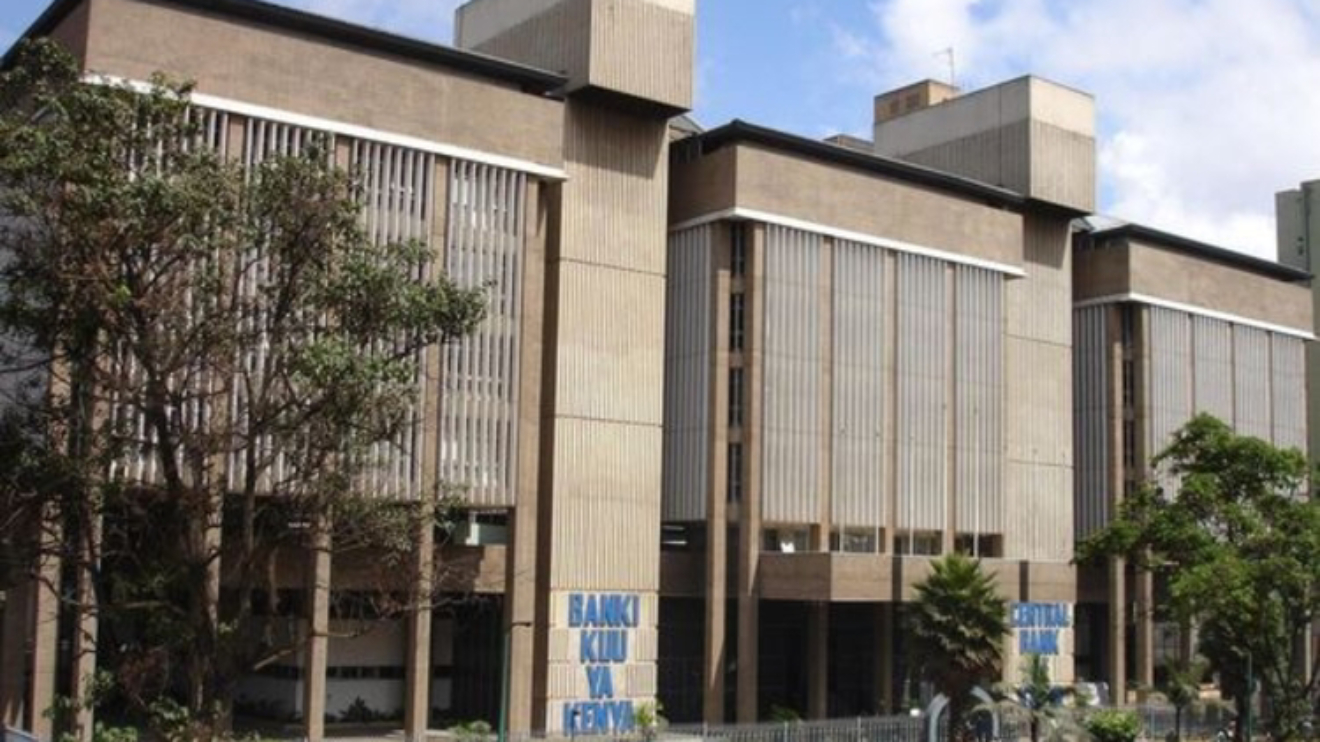Recent data, released by the Central Bank of Kenya (CBK) has revealed that retail investors in Kenya have become the fastest-growing domestic lenders to the government, surpassing both insurance firms and parastatals combined.
This marks a significant shift in the country's domestic debt landscape.
As of April 5, 2024, retail investors held a staggering 12.52 per cent of the government's total domestic debt, which stood at Sh5.26 trillion.
This translates to a loan value of Sh658.32 billion, eclipsing the combined holdings of insurers (Sh650.96 billion) and parastatals (government-owned companies).
This rise to prominence for retail investors is a recent phenomenon. Just three years ago, in March 2021, they held a mere 5.47 per cent of the government's debt, trailing behind both parastatals and insurance companies.
Read More
This dramatic growth can be attributed to several factors.
Shifting Investment Landscape: A significant driver is the rise in interest rates on government securities.
This coincides with a decline in returns from traditional investment options like stocks and real estate.
With Kenyan businesses facing economic challenges, many retail investors are seeking the guaranteed returns offered by fixed-income securities like government bonds.
Increased Awareness: The growing popularity of government bonds also reflects a rise in public awareness about these investment opportunities.
The introduction of the DhowCSD platform by the CBK has further streamlined the process, making it easier for new investors to enter the market.
Investment Strategies: Retail investors, unlike financial institutions, tend to focus on the long-term returns generated by bonds rather than short-term fluctuations in price and yield.
While high yields are attractive to retail investors, they can have the opposite effect on financial institutions.
Falling bond prices can lead to "fair value losses" on their existing holdings, impacting their balance sheets.
The surge in retail investor participation highlights a changing investment landscape in Kenya.
As the government seeks domestic lenders, this trend is likely to continue, potentially reshaping the composition of the country's debt holders in the years to come.








